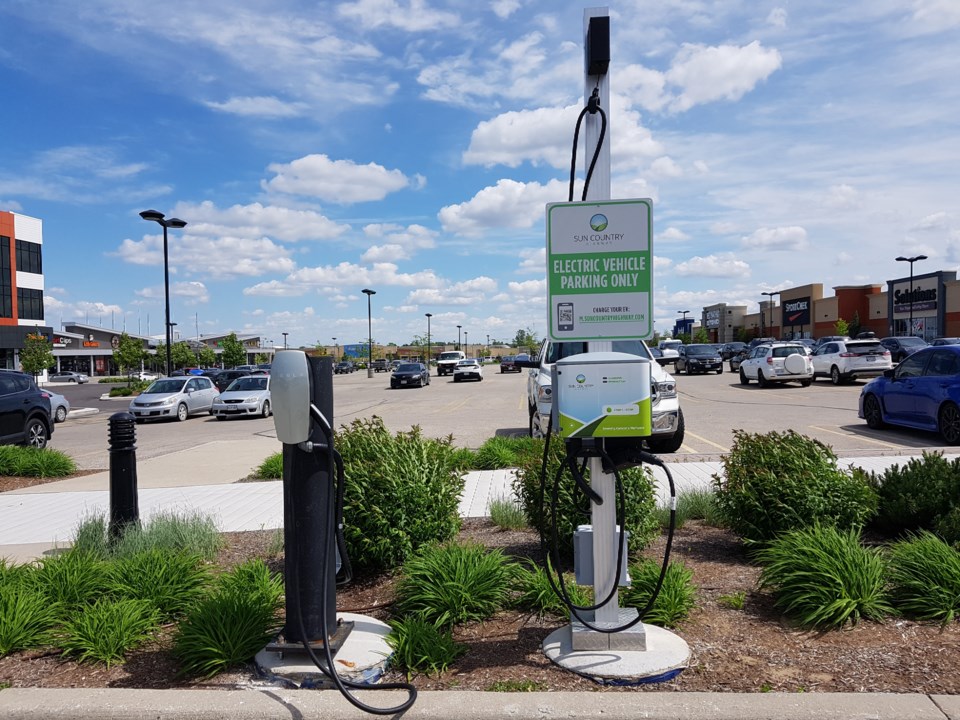Longmont is now one of eight municipalities and counties in Colorado that is part of an effort to accelerate the push to electrify nearly all modes of transportation.
The Longmont City Council, Tuesday night, unanimously passed a resolution declaring Longmont a GoEV City and pledged to implement strategies to reduce transportation-related emissions.
The GoEV initiative is a statewide effort by local climate action groups including Clean Energy Economy for the Region (CLEER), Conservation Colorado, CoPIRG, Sierra Club, and Southwest Energy Efficient Project (SWEEP) to help cities and counties move up the electrification of local transportation, according to a city staff report. GoEV backers aim to help the state reach a goal of a million electric vehicles on the road by 2030, the city staff report states.
So far, Avon, Fort Collins, Boulder County, Denver, Boulder, Summit County and Golden have passed GoEV resolutions, earning the designation of GoEV Cities, the staff report states.
The Longmont GoEv resolution details Longmont’s leadership in climate action and commitment to developing policies and strategies to meet transportation electrification goals in the vehicle fleets, public transportation, ride-sharing and private vehicles, the staff report states.
The resolution also “highlights the commitment to utilizing the equity priorities … to improve transportation equity and extend the benefits of transportation electrification to low-income households, historically underserved communities disproportionately affected by the harmful effects of air pollution,” according to the report.
Electrification will likely cost the city more to support fleet transition, electric vehicle charging infrastructure and “programmatic components” to encourage public adoption of electric vehicles, the report states. However, fleet operations and maintenance costs may go down once vehicles are procured and city staff is adequately trained on vehicle maintenance, the report adds.

.jpg;w=120;h=80;mode=crop)
.jpg;w=120;h=80;mode=crop)
